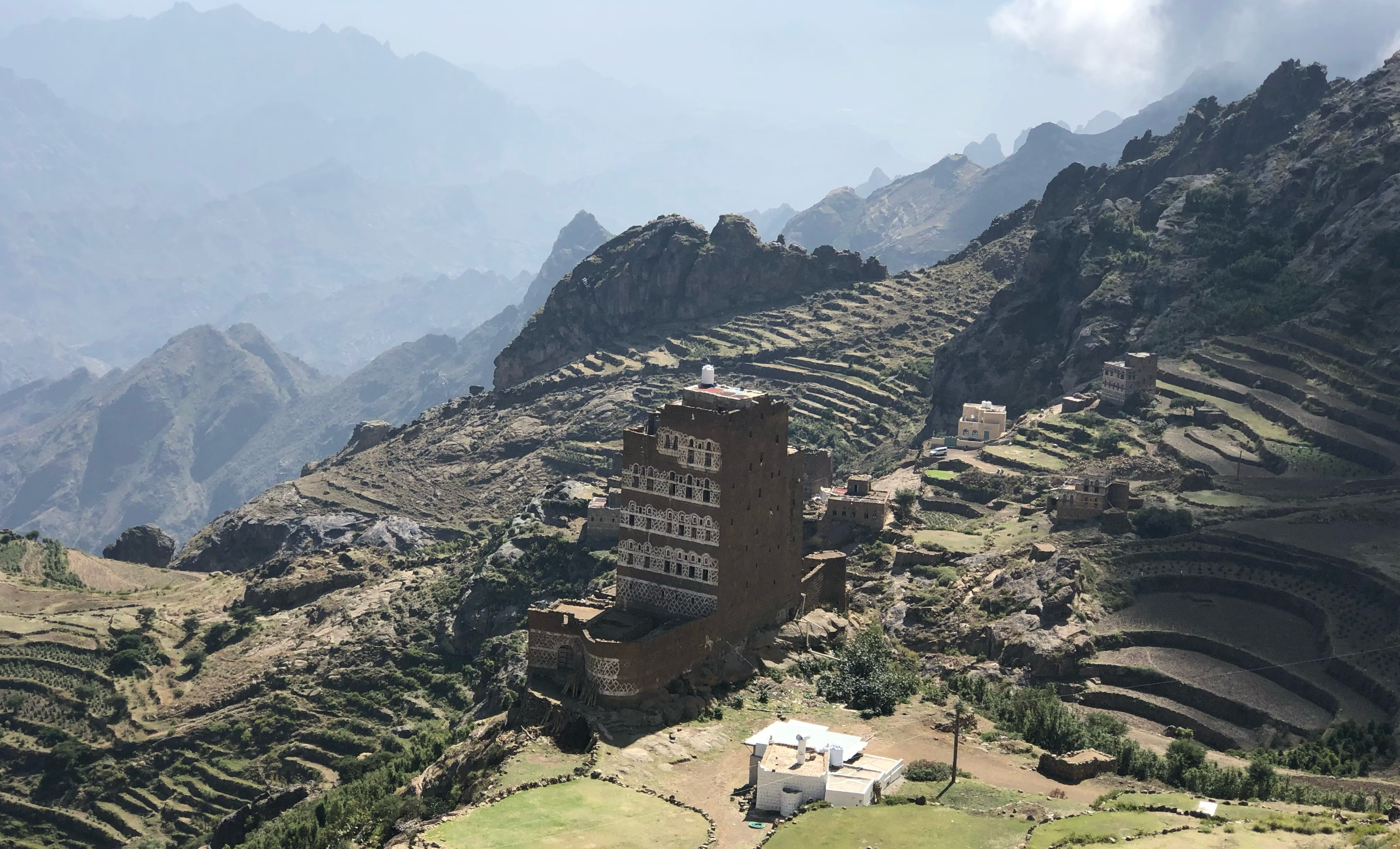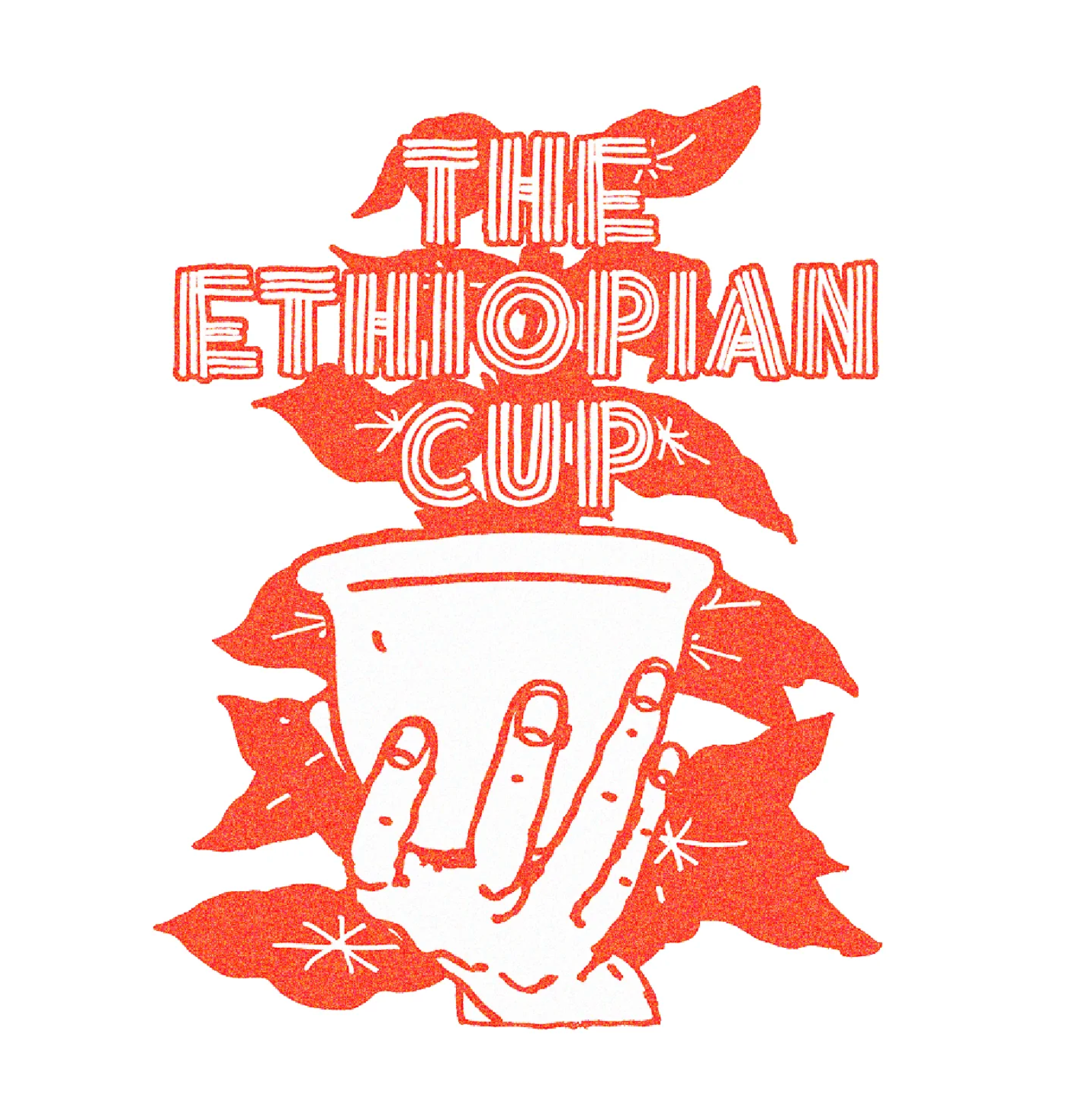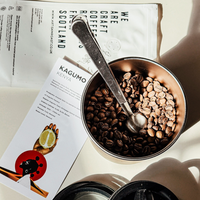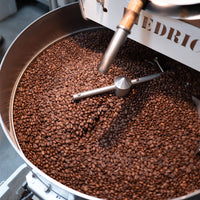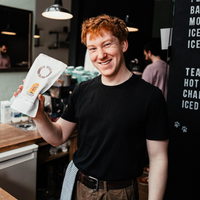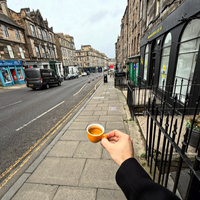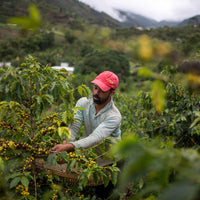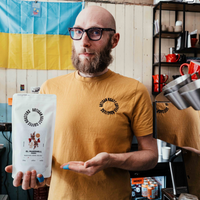Yemen has a place in coffee culture like no other nation in the world: the first to grow coffee commercially and the source of almost all the commercially grown cultivars in the world. Beyond these well-known coffees like Bourbon or Typica, Yemen holds a completely separate, unique set of varieties. These have remained a central part of cultivation on staggeringly beautiful highland terraces, and form the basis of exotic flavour profiles that sets these coffees apart.
Despite this long history of cultivation, access to traceable, very high-quality Yemeni coffee is very recent. Exporter Sheba Coffee works with a network of village communities to collect the harvest of individual farmers before sun-drying them over three weeks in centralised locations. This helps retain traceability and log the varieties delivered. Farmers usually hold very small parcels of land - this lot from Abdullah Rashed Mohammed Al-Jaberi comes from only a quarter of an acre - meaning the size of each and every nano-lot is tiny. Abdullah’s village in Wadi Al-Mahjar, a small valley in the mountainous Al-Hayma region once again was a star of Sheba Coffee’s annual auction. It seems that here that the unique Yemeni varieties such as Udaini thrive in the rarefied high-altitude air.
Yemeni landrace varieties like Udaini are a real taste experience to linger over. Flavours move back and forth making you stop, notice and enjoy, always encompassed by a fruit syrup like sweetness. When the coffee is hot flavours of red summer fruit berries, dried fruit and bright orange citrus shine. These lead onto a cedar like spice, notes of raspberry jam and a biscuity caramel undertone. Violet florals come and go as the coffee cools and a cocoa powder quality builds on the mouthfeel over time.
There are less than 200 bags of this world exclusive nano-lot to buy and we’re donating all the profits directly back into Yemen. Proceeds are going to a solar well initiative run by a local NGO. Because of the long distances needed to access clean, safe water in rural communities, this project is installing small scale solar wells to better support village communities. In a time of conflict resources such as
safe water become harder to access and initiatives like this can help give back to communities that have given the coffee world so much.


